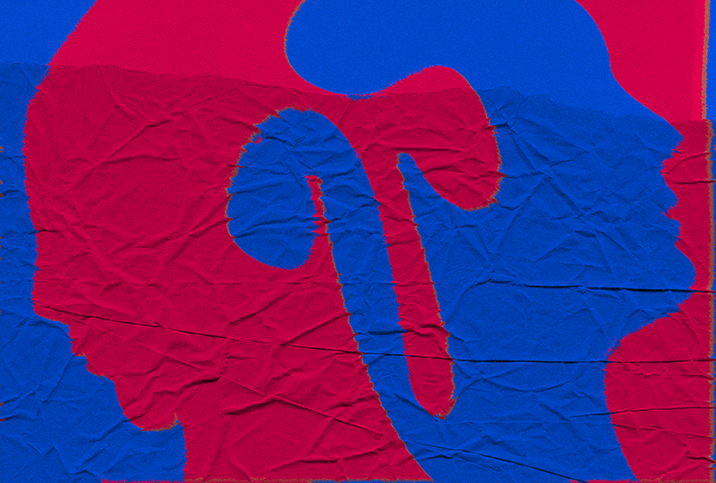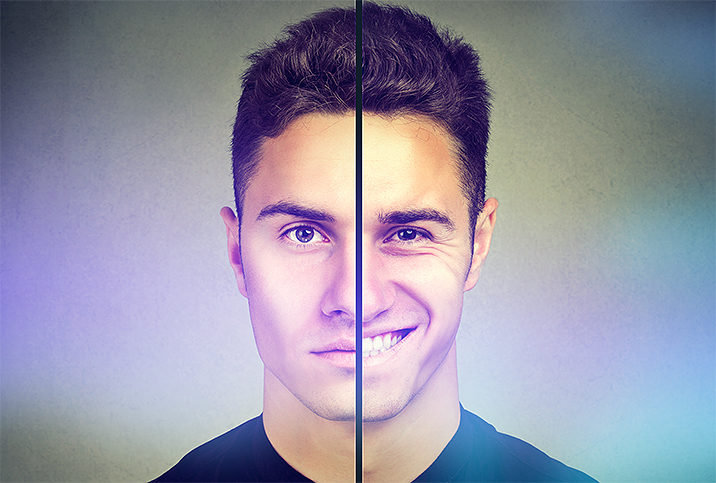Does Lithium or Other Bipolar Treatment Cause Erectile Dysfunction?

Blues legend Lightnin' Hopkins may have known a thing or two about bad luck and trouble: "Bad luck and trouble hangin' 'round my door; You believe it I'm a hopin', won't come back no more."
Bad luck and trouble. It's one of those despairingly honest phrases the blues gave us, hinting at a tendency for one problem to snowball and lead to another, and then another.
No doubt, men who suffer from a mental health issue such as bipolar disorder could offer Hopkins their own perspective on bad luck and trouble. Bipolar disorder is a condition that causes mood swings ranging from manic highs to depressive lows.
An estimated 2.9 percent of adult males in the United States suffer from bipolar disorder in a given year, according to the National Institute of Mental Health, and about 4.4 percent of all U.S. adults will experience it in their lifetime.
Men in particular face the double whammy of suffering a psychological disorder that can diminish their quality of life if left untreated and potentially suffering erectile dysfunction (ED).
Does poor mental health cause erectile dysfunction?
The medical community has made tremendous strides in recent years in identifying and isolating the multivariate causes of ED. Sexual dysfunction was once thought of as a sign of moral failure or mental weakness, or even a consequence of masturbating too much.
These days, we know that issues as seemingly disconnected as obesity, heart disease, smoking and diabetes can all contribute to the problem.
However, just because myriad physical issues can hamper men's ability to get an erection, the male brain isn't off the hook.
Men newly diagnosed with bipolar disorder should not be surprised if their erectile function is affected.
ED is so commonly found in tandem with bipolar disorder that studies have been conducted on the subject, such as one published in 2018 in the Journal of Sexual Medicine.
The complication with bipolar disorder is it often occurs with concurrent conditions, some of which exacerbate ED.
Getting an erection under any circumstances isn't as simple as it might seem. Blood flow into the penis is just one component of a larger set of interlocking systems working together for the end result of healthy sexual function.
"Arousal is a relatively complicated process that happens in the brain," said Petar Bajic, M.D., who practices urology with the Cleveland Clinic. "It's a response to visual and verbal cues. And if a man is depressed, it can be more difficult for him to get aroused or he may not get aroused at all. So just the depression or even anxiety may interfere with that arousal."
Speaking of bad luck and snowballing troubles, having erectile issues certainly doesn't help anyone's depression, which doesn't help erectile issues...you get the picture.
Bipolar disorder medications (such as Lithium) and ED
It's bad enough that bipolar disorder can contribute to ED, but there's more. A rock tucked inside the hard-packed snowball of bipolar disorder and depression comes in the form of treatment that frequently makes it harder to—well, get hard.
"Certainly, there are antidepressants that can affect sexual function in a variety of ways," said Richard Heppe, M.D., who specializes in reproductive endocrinology and infertility, and whose practice is affiliated with the Urology Center of Colorado, based in Denver.
Selective serotonin reuptake inhibitors (SSRIs) tend to cause the worst sexual side effects among antidepressants, according to findings of a 2016 meta-study published in the Mental Health Clinician Journal.
Tellingly, SSRIs were also the class of antidepressant drugs that patients were most likely to stop taking on their own due to these effects.
SSRIs are just one of the offenders among bipolar disorder medications affecting sexual function. Benzodiazepines and lithium are the others.
SSRIs
Selective serotonin reuptake inhibitors can cause erectile problems as well as difficulty in ejaculating. Some of the most prescribed SSRIs are:
- Sertraline (brand name Zoloft)
- Fluoxetine (Prozac)
- Citalopram (Celexa)
- Paroxetine (Paxil, Pexeva)
- Escitalopram (Lexapro)
Benzodiazepines
These drugs help relieve anxiety and help people sleep, and they are often prescribed for people diagnosed with bipolar disorder. They have been shown to affect sexual function in some patients. Alprazolam (Xanax) and clonazepam (Klonopin) are the most common.
Lithium
A mood stabilizer, lithium is also sometimes prescribed for people diagnosed with bipolar disorder.
Lithium has known sexual side effects, including the cause of ED for some men.
But it's not just the meds
The complication with bipolar disorder is it often occurs with concurrent conditions, some of which exacerbate ED.
"They might also have erectile dysfunction due to some underlying anxiety, which may be present in some or in many men with bipolar disorder," Bajic said. "And we know that the anxiety can actually negatively affect the blood flow to the penis.
"We also see a high rate of ED among men who have ADHD [attention deficit hyperactivity disorder], which is a common condition to also have among men who are bipolar, compared to the general population," Bajic noted.
These days, the medical community knows more than ever about both mental health and ED, including the underlying psychological and physiological causes of each, and the ways they interact and contribute to each other.
The bottom line is all of these conditions are treatable, and if one treatment has unwanted side effects, other options are available.
But all the science in the world can't help if your doctor doesn't know what's going on with you.
"When we see a man with ED, we want to try to identify any underlying or reversible causes of ED," Bajic said. "If I see a man who seems to have anxiety or depression, who has not had any sort of assessment or treatment for that in the past, oftentimes I'd recommend that man see a therapist and discuss their mental health, possibly getting their primary care doctor involved or even sometimes a psychiatrist."
The bottom line is all of these conditions are treatable, and if one treatment has unwanted side effects, other options are available. So, if Lithium is the cause for your erectile dysfunction, speak with your doctor about a new treatment.
Communicate with the people who can help you, because if the snowball never starts rolling, it can't gain any momentum.


















